Home>Articles>Why Can’t I Use An Extension Cord With A Space Heater
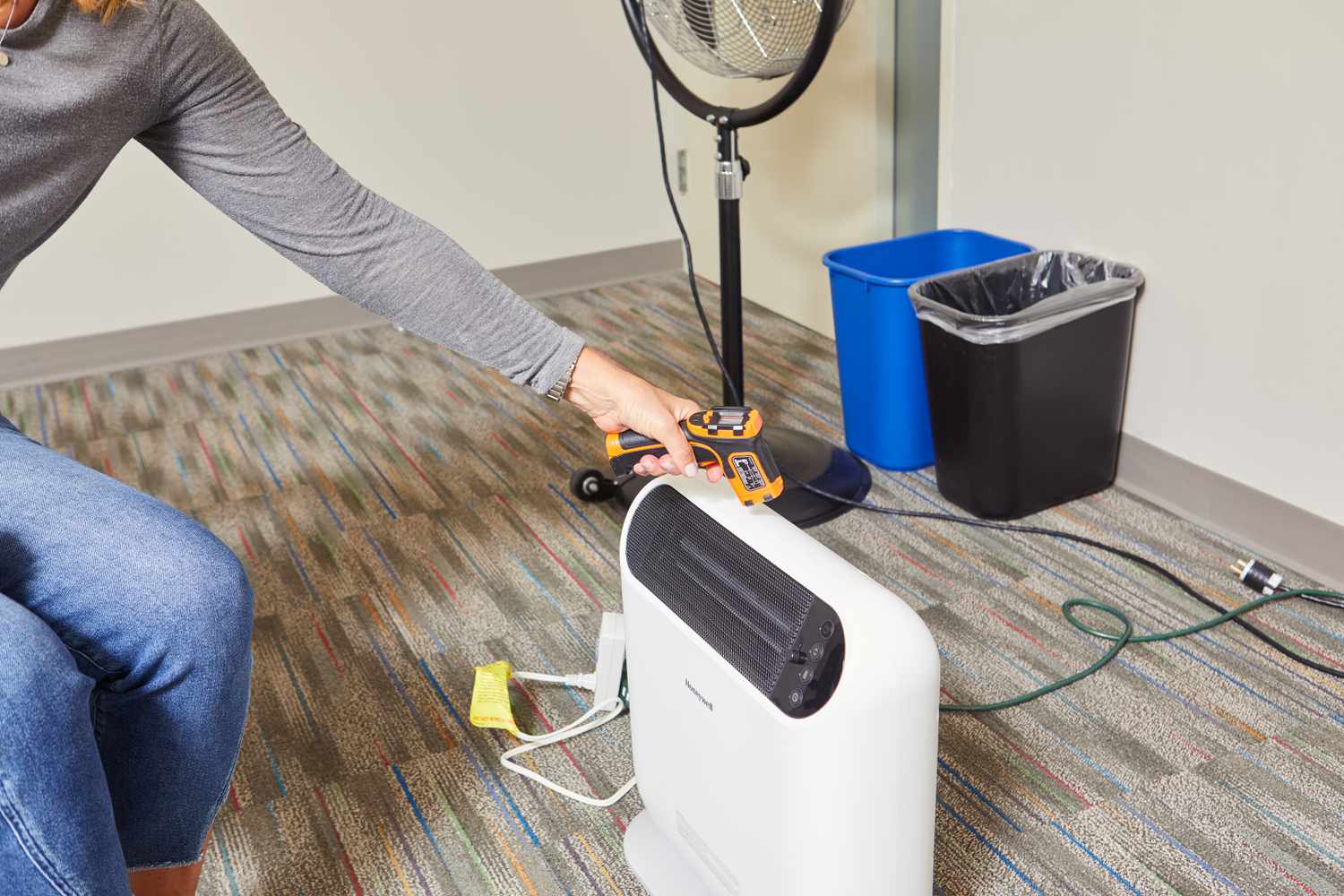

Articles
Why Can’t I Use An Extension Cord With A Space Heater
Modified: August 26, 2024
Discover why using an extension cord with a space heater is not recommended. Read our informative articles to understand the potential risks and find safer alternatives.
(Many of the links in this article redirect to a specific reviewed product. Your purchase of these products through affiliate links helps to generate commission for Storables.com, at no extra cost. Learn more)
Introduction
Welcome to the world of space heaters! These handy appliances are a popular choice for quickly and efficiently heating small spaces. Whether it’s a chilly bedroom, a drafty office, or a cold basement, space heaters can provide that much-needed warmth. However, when it comes to powering these devices, many people wonder why they can’t simply use an extension cord to connect their space heater to an electrical outlet. In this article, we will explore the reasons why using an extension cord with a space heater is not recommended, and the potential risks and dangers associated with doing so.
Before we dive into the specifics, it’s important to understand the basics of space heaters. These portable heating appliances use electricity or fuel to generate heat, and they are designed for indoor use. Space heaters come in various types, including convection heaters, radiant heaters, oil-filled heaters, and ceramic heaters. Each type has its own heating mechanism and features, but they all serve the same purpose of heating up a small area.
There are several benefits to using space heaters. They are highly efficient at providing heat to a targeted area, allowing you to save on energy costs by not having to heat the entire house. They are also portable, making it easy to move them around as needed. Additionally, some space heaters come with built-in thermostats and safety features like tip-over protection and overheat protection, ensuring safe and controlled heating.
However, despite the advantages of space heaters, there are also potential dangers involved. Using space heaters improperly or without following the proper safety precautions can lead to fire hazards, electrical issues, and damage to the device itself or surrounding objects. This is where the question of using extension cords with space heaters arises.
Extension cords are a convenient solution for extending the reach of electrical devices. They allow you to plug in appliances and devices that are located further away from available electrical outlets. However, when it comes to space heaters, using an extension cord is not recommended.
Key Takeaways:
- Using extension cords with space heaters can pose fire hazards, overheating risks, and potential damage to appliances and cords. Prioritize safety by avoiding extension cords and exploring alternative power solutions.
- Ensure a sufficient power supply for your space heater to avoid reduced performance, potential damage, and safety risks. Follow safety guidelines and consider alternative heating options for a safe and efficient heating experience.
Understanding Space Heaters
Before delving into the topic of using extension cords with space heaters, let’s take a closer look at these appliances. Understanding how space heaters work is essential for grasping why certain precautions need to be taken.
Space heaters are designed to provide supplemental heat to a specific area. They come in various sizes and types, but they all function by converting electrical energy into heat. The most common types include convection heaters, radiant heaters, oil-filled heaters, and ceramic heaters.
Convection heaters work by using a heating element (usually made of metal) to warm up the air around it. This warm air then rises, creating a natural flow of heat throughout the room. Radiant heaters, on the other hand, emit infrared radiation that directly heats up objects and people in their vicinity. Oil-filled heaters use heated oil to radiate warmth, while ceramic heaters generate heat through a heating element and a ceramic plate.
These different types of space heaters have varying power requirements. Smaller models typically consume around 750 to 1500 watts of electricity, while larger ones may require up to 2400 watts. To put this into perspective, a standard electrical outlet typically provides a maximum power capacity of 1800 to 2400 watts. This means that using a space heater at its maximum power consumption may already push the limits of a regular outlet.
It’s important to note that space heaters should only be used for short periods of time and under careful supervision. Leaving them unattended or running them for prolonged periods can increase the risk of fire and other hazards. Additionally, it’s crucial to follow the manufacturer’s instructions regarding the appropriate room size and electrical requirements for the specific space heater model you are using.
Now that we have a basic understanding of space heaters, let’s explore why it’s not advisable to use extension cords with these appliances.
Benefits of Using Space Heaters
Space heaters offer several advantages that make them a popular choice for heating small spaces. Here are some of the benefits of using space heaters:
- Efficiency: Space heaters are highly efficient at providing heat to a targeted area. Unlike central heating systems, which heat the entire house, space heaters allow you to concentrate the warmth where it’s needed most. This enables you to save on energy costs by only heating the rooms you’re using.
- Portability: One of the major advantages of space heaters is their portability. They are compact and lightweight, making it easy to move them from one room to another as needed. Whether you’re working in your home office, relaxing in the living room, or getting ready for bed in the bedroom, you can simply carry the space heater with you to maintain a comfortable temperature.
- Instant Heat: Space heaters provide almost instant heat, allowing you to quickly warm up a room or specific area. Unlike central heating systems that take time to warm up the entire house, a space heater can heat up a smaller space within minutes.
- Customizable Settings: Many space heaters come with customizable settings that allow you to adjust the temperature and fan speed according to your preference. Some models even have built-in thermostats that automatically regulate the heat output, ensuring a consistent and comfortable temperature.
- Reduced Energy Consumption: By using space heaters strategically and only heating the areas you’re using, you can significantly reduce your overall energy consumption. This can lead to lower heating bills and a more energy-efficient home.
It’s important to note that while space heaters offer these benefits, they should be used responsibly and with caution. Taking the necessary safety precautions and following the manufacturer’s instructions will help ensure a safe and efficient heating experience.
Dangers of Using Space Heaters
While space heaters offer convenience and warmth, it is crucial to be aware of the potential dangers associated with their use. Understanding these risks can help you take the necessary precautions to ensure a safe heating experience. Here are some of the dangers of using space heaters:
- Fire Hazards: Space heaters can pose a significant fire hazard if not used correctly. The heating elements and surfaces of the heater can become extremely hot, and if they come into contact with flammable materials such as curtains, furniture, or bedding, a fire can quickly start. Additionally, if the heater is placed too close to walls or other objects, it can cause those objects to heat up and potentially ignite.
- Overheating Risks: Space heaters can overheat if they are left running for extended periods or if they are not properly maintained. Overheating can lead to the internal components of the heater becoming damaged, which can result in malfunction or fire. Some heaters have built-in safety features that automatically shut off the unit if it gets too hot, but it is still important to monitor the temperature and ensure proper ventilation.
- Potential Damage to Appliances and Cords: Using space heaters that require high wattage can put a strain on electrical outlets, appliances, and extension cords. Exceeding the recommended wattage of an electrical circuit can cause the circuit to overload, leading to damage or even electrical fires. Additionally, using an extension cord that is not rated for the power consumption of the space heater can pose a serious risk.
- Inadequate Power Supply and Voltage Drops: Some older homes or buildings may have outdated electrical systems that are not equipped to handle the high power requirements of space heaters. Plugging a space heater into an inadequate power supply can result in voltage drops and electrical issues, potentially damaging the heater and other electrical appliances in the vicinity.
In order to mitigate these dangers, it is important to follow proper safety guidelines and take necessary precautions when using space heaters. This includes placing the heater on a stable and non-flammable surface, keeping a safe distance from combustible materials, never leaving the heater unattended, and ensuring adequate ventilation in the room.
By being aware of the potential risks and taking the appropriate safety measures, you can enjoy the benefits of using a space heater while minimizing the chances of accidents or damage.
Extension Cords and Space Heaters
Now that we understand the dangers associated with space heaters, let’s explore why using an extension cord with a space heater is not recommended.
Extension cords are commonly used to provide additional reach for electrical devices. They allow you to plug in appliances that are located further away from the nearest electrical outlet. However, when it comes to space heaters, using an extension cord can pose several risks and dangers.
Fire Hazards and Overheating Risks: Space heaters draw a significant amount of power, especially when operated at higher heat settings. Extension cords are typically not designed to handle such high power loads for extended periods. Plugging a space heater into an extension cord can cause the cord to overheat, leading to a potential fire hazard. The electrical resistance in the extension cord can increase due to the high power demand, causing the cord to become hot and potentially melt or catch fire.
Potential Damage to Appliances and Cords: Using an extension cord that is not rated for the power consumption of a space heater can result in damage to both the cord itself and other appliances connected to it. The high wattage of a space heater can overload the extension cord, causing it to overheat and potentially causing a fire. Moreover, the connectors may not fit securely, leading to loose connections and electrical arcing, which can damage the space heater or any other devices connected to the extension cord.
Inadequate Power Supply and Voltage Drops: Space heaters often require a significant amount of power to operate at their full capacity. Plugging a space heater into an extension cord that is connected to an inadequate power supply can cause voltage drops. This can result in the space heater not receiving sufficient power, leading to reduced efficiency and potentially damaging the heater or other electrical appliances connected to the same power source.
To ensure the safe operation of your space heater, it is essential to plug it directly into a properly rated electrical outlet. This provides a dedicated circuit for the heater and minimizes the risks associated with using an extension cord. If the available outlet is not located near the desired heating area, consider rearranging furniture or using a different space heater or heating solution that is suited for the layout of the room.
By avoiding the use of extension cords with space heaters, you can significantly reduce the risk of fire hazards, overheating, and damage to appliances and cords. Prioritizing safety and following manufacturer’s guidelines will help ensure a safe and enjoyable heating experience.
Read more: Why Cant You Recycle Pizza Boxes
Why You Shouldn’t Use an Extension Cord
When it comes to using electrical devices like space heaters, it’s important to prioritize safety and avoid any potential risks. While extension cords can be convenient for extending the reach of electrical outlets, using them with space heaters is not recommended. Here are several reasons why you should avoid using an extension cord:
- Fire Hazards: One of the main reasons why using extension cords with space heaters is dangerous is the increased risk of fire. Space heaters draw a significant amount of power, especially when operating at higher heat settings. Extension cords are not designed to handle the high power load that space heaters require. This can cause the extension cord to overheat, potentially leading to a fire. The electrical resistance in the extension cord can also increase, causing it to become hot and potentially melt.
- Overheating Risks: Apart from the fire hazards, using an extension cord with a space heater can also result in overheating. The high power demand of the space heater puts a strain on the extension cord, causing it to become hot. Over time, this can lead to the deterioration of the cord’s insulation, making it more prone to melting or electrical shorts. The internal components of the space heater may also overheat due to inadequate power supply, leading to potential malfunctions or damage to the appliance.
- Potential Damage to Appliances: Using an extension cord that is not rated for the power consumption of a space heater can damage both the cord and any other appliances connected to it. The high wattage of the space heater can overload the extension cord, causing it to overheat and potentially catch fire. Additionally, improper connections between the cord and the device can result in electrical arcing, which can damage the space heater or any other equipment connected to the extension cord.
- Inadequate Power Supply: Space heaters often require a significant amount of power to operate effectively. Plugging a space heater into an extension cord that is connected to an inadequate power supply can cause voltage drops. This can result in reduced efficiency and potentially damage the space heater or other electrical appliances connected to the same power source. It’s important to plug space heaters directly into a properly rated electrical outlet to ensure they receive sufficient power.
- Safety Risks: Apart from the technical risks, using extension cords with space heaters can also create safety hazards. Extension cords can be tripping hazards, especially if they are not properly secured or placed in high-traffic areas. They can also become tangled or damaged, increasing the risk of electrical shocks or accidents. Additionally, using extension cords with space heaters may not comply with certain electrical safety codes and regulations.
To ensure the safety of your space heater and the surrounding environment, it is best to avoid using extension cords altogether. Instead, position the space heater near a properly rated electrical outlet to ensure a reliable power supply without the risks associated with using an extension cord. If the outlet is not conveniently located, consider rearranging furniture or using alternative heating solutions that are suited for the layout of the room.
Prioritizing safety and following the manufacturer’s guidelines for your space heater will help ensure a risk-free heating experience while keeping yourself, your property, and others safe from potential hazards.
Fire Hazards and Overheating Risks
When it comes to using space heaters, fire hazards and overheating risks are significant concerns. These risks become even more heightened when extension cords are involved. Let’s take a closer look at why using an extension cord with a space heater can lead to fire hazards and overheating risks.
Fire Hazards:
Space heaters generate heat to warm up a specific area. The heating elements and surfaces of the heater can reach high temperatures, and when in contact with flammable materials, such as curtains, furniture, or bedding, a fire can quickly start. Using an extension cord increases the risk of fire due to several factors:
- Overloading the Extension Cord: Space heaters draw a significant amount of power to operate, especially when set to higher heat settings. Extension cords are not designed to handle the high power load that space heaters require. The excessive power demand can cause the extension cord to overheat, potentially leading to a fire.
- Electrical Resistance and Heat: The electrical resistance within the extension cord can increase as the cord tries to accommodate the high power demand of the space heater. With the increased resistance, the cord itself can become hot, causing the insulation to melt and potentially ignite nearby flammable materials.
- Improper Connections: The connectors between the extension cord and the space heater may not provide a secure and stable connection, leading to loose connections and electrical arcing. This arcing can create sparks, which may also ignite flammable materials in the surrounding area.
Overheating Risks:
Overheating is another significant risk when using extension cords with space heaters. Both the extension cord and the space heater can overheat, leading to potential hazards:
- Inadequate Power Capacity: Extension cords are designed with specific power ratings that dictate the amount of power they can safely carry. The high wattage required by space heaters can exceed the power capacity of many extension cords, causing them to overheat and potentially melt.
- Deteriorated Cord Insulation: The excessive heat generated by the space heater and the strain caused by the high power load can degrade the insulation of the extension cord over time. This deterioration increases the risk of the cord melting, exposing the electrical wires and creating a significant hazard.
- Malfunctioning Space Heaters: Inadequate power supply due to using an extension cord can cause the internal components of the space heater to overheat. This can lead to malfunctions, such as a failure of the built-in safety features, further increasing the risk of fire or other electrical issues.
To mitigate these fire hazards and overheating risks, it is highly recommended to avoid using extension cords with space heaters. Instead, utilize a dedicated, properly rated electrical outlet that can safely provide the necessary power for the space heater. By prioritizing safety and adhering to the manufacturer’s instructions, you can minimize the potential dangers associated with space heater use and ensure a safe heating environment.
Never use an extension cord with a space heater as it can overheat and cause a fire. Always plug the heater directly into a wall outlet to ensure safety.
Potential Damage to Appliances and Cords
Using an extension cord with a space heater can result in potential damage to both the appliances and the cords themselves. Let’s explore why using an extension cord with a space heater can cause damage and pose risks.
Overloading the Extension Cord:
Space heaters have high power requirements, especially when operated at maximum heat settings. Plugging a space heater into an extension cord that is not designed to handle the power load can exceed the cord’s capacity. As a result, the extension cord can overheat, potentially causing damage to the cord’s internal components and insulation. The excessive power demand can also lead to the deterioration of the cord, making it more prone to melting or electrical shorts.
Loose Connections and Electrical Arcing:
Improper connections between the extension cord and the space heater can lead to loose connections, which can result in electrical arcing. Electrical arcing occurs when electricity jumps across a gap between connections, creating sparks. This arcing can damage the cord and the space heater and pose a fire hazard. Loose connections can further increase the resistance in the circuit, causing the parts to heat up, potentially leading to damage over time.
Compatibility Issues:
Using an extension cord that is not properly rated for the power consumption of the space heater can create compatibility issues. The wattage rating of the space heater and the extension cord should match to ensure safe and efficient operation. If the extension cord is not designed to handle the power load of the space heater, it can lead to inadequate power supply, voltage drops, or even complete failure of the cord and appliances connected to it. This can cause damage to the space heater and potentially other electrical equipment in the vicinity.
Risk of Electrical Fires:
When the power demand exceeds the capacity of the extension cord, it can cause the cord to overheat. Overheating can lead to degradation of the cord’s insulation or potentially even melting or electrical shorts. These conditions greatly increase the risk of electrical fires. The heat generated can ignite nearby flammable materials, and the damaged cord can expose live wires, posing significant dangers.
To avoid potential damage to appliances and cords, it is strongly advised to plug space heaters directly into a properly rated electrical outlet, ensuring that it can safely handle the power requirements. This eliminates the need for using extension cords that may not be designed to cope with the demands of space heaters. Prioritizing safety and taking the necessary precautions can help prevent damage, reduce the risk of electrical fires, and ensure the proper functioning of both the space heater and other electrical equipment in use.
Inadequate Power Supply and Voltage Drops
When using space heaters, it is crucial to consider the adequacy of the power supply to avoid potential risks and issues. Using an extension cord with a space heater can lead to inadequate power supply and voltage drops, creating several concerns. Let’s examine why using an extension cord can result in these problems.
Inadequate Power Supply:
Space heaters typically require a substantial amount of power to operate effectively. Plugging a space heater into an extension cord that is connected to an inadequate power supply can lead to several complications:
- Overloading Electrical Circuits: Inadequate power supply to an extension cord can place excessive strain on the electrical circuit. This can overload the circuit and potentially trip the circuit breaker or blow a fuse. Overloaded circuits pose a fire hazard and can cause damage to electrical systems.
- Reduced Efficiency: Insufficient power supply can result in reduced efficiency of the space heater. When a space heater does not receive enough power, it may struggle to provide the desired level of heat output. This can lead to slower heating and an ineffective warming experience.
- Risk of Heater Malfunction: Inadequate power supply can cause space heaters to experience malfunctions. The heater may not operate at its full capacity, leading to irregular heat distribution or other issues. Operating a space heater in this compromised state can potentially damage internal components and compromise safety features.
Voltage Drops:
Another concern associated with using extension cords is voltage drops. Voltage drops occur when the length of the extension cord increases the electrical resistance, causing a decrease in voltage supplied to the space heater. Voltage drops can have several negative effects:
- Reduced Heat Production: Voltage drops can diminish the power supplied to the space heater, resulting in reduced heat production. This can lead to a noticeable decrease in the warming effect and prevent the space heater from functioning optimally.
- Equipment Damage: Appliances and devices, including space heaters, are designed to operate within specific voltage ranges. Voltage drops can cause these appliances to operate outside their intended range, potentially leading to damage or premature wear and tear. This can shorten the lifespan of the space heater and necessitate costly repairs or replacements.
- Potential Electrical Issues: Voltage drops can also cause electrical issues and inconsistencies in the power supply. Lights may flicker, electrical surges may occur, or the space heater may experience intermittent operation. These fluctuations can be disruptive and indicate underlying electrical problems.
To ensure an adequate power supply and avoid voltage drops, it is recommended to plug space heaters directly into a properly rated electrical outlet. This will provide a dedicated power source and alleviate the risk of inadequate power supply or voltage drops. In cases where the desired location does not have a nearby outlet, it is advisable to consult with a qualified electrician to install additional outlets or explore alternative heating solutions.
Prioritizing a stable power supply minimizes the risks associated with inadequate power and voltage drops, ensuring the safe and efficient operation of space heaters.
Alternatives to Using Extension Cords
While using extension cords with space heaters is not recommended due to the associated risks, there are several alternatives that can provide a safer and more efficient solution for powering your space heater. Let’s explore some alternative options:
- Repositioning: One simple alternative is to rearrange your furniture or make adjustments to the layout of the room to ensure that your space heater can be plugged directly into a nearby electrical outlet without the need for an extension cord. This is particularly helpful if the outlet is located a short distance away from the desired heating area.
- Power Strips with Surge Protectors: Using a power strip with surge protection can be a safer option compared to using an extension cord. Make sure that the power strip is designed for the power requirements of your space heater and is equipped with built-in surge protection to safeguard against power surges that can damage the heater and other connected devices.
- Additional Electrical Outlets: If you frequently find yourself in need of additional outlets for your space heaters, it may be worth considering installing additional electrical outlets in convenient locations. This can be done by a qualified electrician who can assess your electrical system and install outlets that meet the electrical code requirements.
- Fixed Electric Baseboard Heaters: If you have a recurring need for heating in a specific area, installing fixed electric baseboard heaters can be a more permanent solution. These heaters are installed directly into the wall and are hardwired to the electrical system. This eliminates the need for extension cords and provides efficient and consistent heating for the desired area.
- Portable Electric Fireplaces: Another alternative to space heaters is portable electric fireplaces. These units not only provide heat but also add aesthetic appeal to the room. Portable electric fireplaces often come with plugs that can be directly connected to electrical outlets, eliminating the need for extension cords.
Remember, regardless of the alternative you choose, it is essential to prioritize safety and follow proper usage guidelines for your space heater. Always ensure that the appliance is placed on a stable surface, away from flammable materials, and is used according to the manufacturer’s instructions. Regularly inspect your heating devices for any signs of damage or malfunctions and promptly address any issues that may arise.
By exploring these alternatives and adopting safe practices, you can provide effective heating solutions while minimizing the risks associated with using extension cords.
Proper Safety Precautions
Ensuring the safe operation of space heaters is of utmost importance to protect yourself, your property, and others from potential hazards. Here are some essential safety precautions to follow when using space heaters:
- Read and Follow the Manufacturer’s Instructions: Before using a space heater, thoroughly read and understand the manufacturer’s instructions and safety guidelines. Each model may have specific requirements and recommendations for safe use and operation.
- Keep Space Heaters on a Stable Surface: Place the space heater on a stable and non-flammable surface. Avoid placing it on carpets, rugs, or uneven surfaces, as this can increase the risk of the heater tipping over or coming into contact with flammable materials.
- Ensure Adequate Ventilation: Proper ventilation is essential when using space heaters. Make sure there is sufficient airflow around the heater to prevent the buildup of carbon monoxide and other potentially harmful gases. Avoid blocking vents or obstructing the unit with curtains or furniture.
- Keep Flammable Materials Away: Keep flammable materials such as curtains, furniture, bedding, and papers at least three feet away from the space heater. This helps prevent accidental contact and reduces the risk of fire hazards.
- Never Leave Space Heaters Unattended: It is crucial to never leave a space heater unattended. Always turn off the heater when you leave the room or go to bed. Unsupervised operation can lead to accidents, including fires, if the heater malfunctions or comes into contact with flammable objects.
- Avoid Overloading Electrical Circuits: Plugging multiple high-wattage appliances into the same electrical circuit can overload it and increase the risk of electrical fires. To prevent overloading, ensure that the space heater is the only high-power device plugged into the circuit.
- Use a Grounded Outlet: Plug the space heater directly into a properly grounded electrical outlet. Avoid using extension cords or power strips, as they can pose fire hazards and voltage drops. If necessary, consult with a qualified electrician to install additional grounded outlets in convenient locations.
- Regularly Inspect and Maintain Your Space Heater: Perform regular inspections of your space heater to ensure that it is in good working condition. Check for any signs of damage or wear and tear. Clean or replace filters as directed, and never operate a damaged or malfunctioning heater.
- Install Smoke and Carbon Monoxide Detectors: Install smoke detectors and carbon monoxide detectors in appropriate locations throughout your home. Ensure that the batteries are replaced regularly, and test the detectors periodically to ensure they are functioning properly.
- Keep Children and Pets Away: Children and pets should be supervised and kept at a safe distance from space heaters. Their curiosity can lead to accidental contact, tipping of the heater, or injuries.
- Never Use Space Heaters in Wet Areas: Use space heaters only in dry areas. Avoid using them in bathrooms or other wet locations, as the moisture can damage the electrical components and increase the risk of electrical shock.
By following these safety precautions, you can minimize the risks associated with space heaters and create a safe environment for heating. Remember, prevention and caution are key to ensuring the safe operation of space heaters.
Best Practices for Using Space Heaters
When using space heaters, it is important to follow best practices to ensure safe and efficient operation. By adopting these practices, you can maximize the benefits of your space heater while minimizing potential risks. Here are some best practices for using space heaters:
- Select the Right Size and Type: Choose a space heater that is appropriate for the size of the room you intend to heat. Consider factors such as the square footage, insulation, and ceiling height. Additionally, select the type of heater that best suits your needs, whether it’s convection, radiant, oil-filled, or ceramic.
- Place the Heater in a Central Location: Position the space heater in a central location within the room to ensure even heat distribution. Keep it away from walls and furniture to allow for proper airflow and heat circulation.
- Set the Thermostat to the Desired Temperature: Adjust the thermostat of the space heater to the desired temperature for optimal comfort. This will prevent the heater from running unnecessarily and help conserve energy.
- Keep the Area Clear: Ensure that the area surrounding the space heater is clear of any objects, furniture, or flammable materials. Maintain a three-foot clearance to prevent accidental contact and reduce the risk of fire hazards.
- Don’t Use Space Heaters as Primary Heating Sources: Space heaters are designed for supplemental heating, not as the primary source of warmth for an entire house. They are most effective when used to heat small, targeted areas or rooms for short durations.
- Avoid Using Obstructive Accessories: Do not place any obstructions, such as blankets or clothes, on top of or in front of the space heater. These can block the airflow, overheat the heater, and increase the risk of fire hazards.
- Regularly Inspect Power Cords and Plugs: Always check the condition of the power cord and plug before use. Look for any signs of fraying, damage, or loose connections. If any issues are detected, refrain from using the space heater and have the cord or plug repaired or replaced.
- Practice Responsible Operation: Never leave a space heater unattended, especially when there are children or pets present. Turn off the heater when you leave the room or go to sleep. Responsible operation is essential to avoid accidents, fire hazards, and excessive energy consumption.
- Follow Manufacturer’s Instructions: Always read and follow the manufacturer’s instructions for your specific space heater model. This includes guidelines for installation, maintenance, and safety precautions. Adhering to the manufacturer’s recommendations will help ensure safe and efficient operation.
- Consider Energy Efficiency: Choose energy-efficient space heaters that have earned the ENERGY STAR rating. These models use less energy, helping you save on your utility bills and reducing your environmental impact.
By incorporating these best practices into your space heater usage, you can enjoy a warm and comfortable environment while minimizing the potential risks associated with their operation. Prioritizing safety and responsible usage will ensure a positive and efficient heating experience.
Ensuring Sufficient Power Supply
When using space heaters, ensuring a sufficient power supply is crucial for their safe and efficient operation. Inadequate power supply can lead to various issues, including reduced performance, potential damage, and safety risks. Here are some tips to ensure you have the necessary power supply for your space heater:
- Check the Power Requirements: Before purchasing or using a space heater, carefully read the manufacturer’s specifications to understand its power requirements. Pay attention to the wattage rating and ensure your electrical system can support the heater’s power demand.
- Inspect the Electrical Outlet: Check the electrical outlet you plan to use for the space heater. Ensure it is in good working condition, without any visible damage or loose connections. If you have any doubts about the outlet’s safety, consult a licensed electrician to address any concerns.
- Use Dedicated Circuits: Whenever possible, plug space heaters into dedicated electrical circuits to ensure they have the necessary power supply. This means avoiding sharing the circuit with other high-power-demand devices or appliances that could cause overloads or voltage drops.
- Consider the Ampacity of the Circuit: Determine the ampacity (current-carrying capacity) of the circuit you plan to use. This can be found on the circuit breaker or fuse rating. Ensure that the ampacity is sufficient to handle the wattage requirement of your space heater.
- Consult an Electrician if Needed: If you are unsure about the compatibility of your space heater with your electrical system, consider consulting a licensed electrician. They can assess the capacity of your electrical system and provide professional guidance to ensure a safe and sufficient power supply for your space heater.
- Avoid Daisy-Chaining: Daisy-chaining refers to connecting multiple extension cords or power strips in a series to increase the reach. However, this can lead to voltage drops and fire hazards. It is best to avoid daisy-chaining and instead use a single extension cord or power strip, as short as possible, that is properly rated for your space heater’s power requirements.
- Upgrade Your Electrical System if Necessary: If your electrical system is outdated or not equipped to handle the power demands of a space heater, consider upgrading your system. This may involve adding more circuits or increasing the overall capacity of your electrical panel.
- Monitor for Signs of Electrical Issues: While using a space heater, stay vigilant for any signs of electrical problems. If you notice flickering lights, circuit breakers frequently tripping, or outlets becoming hot, these may indicate inadequate power supply or potential electrical issues. If you experience any of these signs, consult a qualified electrician for an inspection and necessary repairs.
- Use Energy-Efficient Space Heaters: Selecting energy-efficient space heaters can help reduce their power consumption while still providing adequate warmth. Look for Energy Star-certified models that have undergone rigorous testing to meet energy efficiency standards.
- Follow Safety Guidelines: Alongside ensuring sufficient power supply, remember to follow all safety guidelines for space heater usage. This includes proper placement, maintaining clearance, and practicing responsible operation to minimize any risks associated with heating and electrical systems.
By ensuring a sufficient power supply for your space heater and following safety guidelines, you can enjoy the benefits of efficient and effective heating while maintaining a safe environment.
Conclusion
Space heaters can be a convenient and efficient way to heat small areas, providing warmth and comfort during colder months. However, it is important to prioritize safety and proper usage to avoid potential risks and hazards. Using extension cords with space heaters is strongly discouraged due to fire hazards, overheating risks, potential damage to appliances and cords, and inadequate power supply. Understanding these risks and the potential dangers associated with using extension cords can help you make informed decisions to protect yourself, your property, and others.
Instead of relying on extension cords, consider alternative options such as repositioning the space heater, using power strips with surge protectors, installing additional electrical outlets, or even exploring fixed baseboard heaters or portable electric fireplaces. These alternatives provide a safer and more efficient solution for powering your space heater while avoiding the risks associated with extension cord usage.
When using space heaters, remember to follow proper safety precautions and best practices. These include positioning the heater on a stable surface, keeping flammable materials away, practicing responsible operation, and regularly inspecting and maintaining your space heater. Adhering to manufacturer’s instructions, ensuring sufficient power supply, and monitoring for electrical issues are also vital for a safe and effective heating experience.
By prioritizing safety, responsible operation, and following the guidelines outlined in this article, you can enjoy the benefits of using a space heater while minimizing the risks. Always prioritize safety over shortcuts and convenience to create a warm and secure environment for yourself, your loved ones, and your property.
Frequently Asked Questions about Why Can't I Use An Extension Cord With A Space Heater
Was this page helpful?
At Storables.com, we guarantee accurate and reliable information. Our content, validated by Expert Board Contributors, is crafted following stringent Editorial Policies. We're committed to providing you with well-researched, expert-backed insights for all your informational needs.
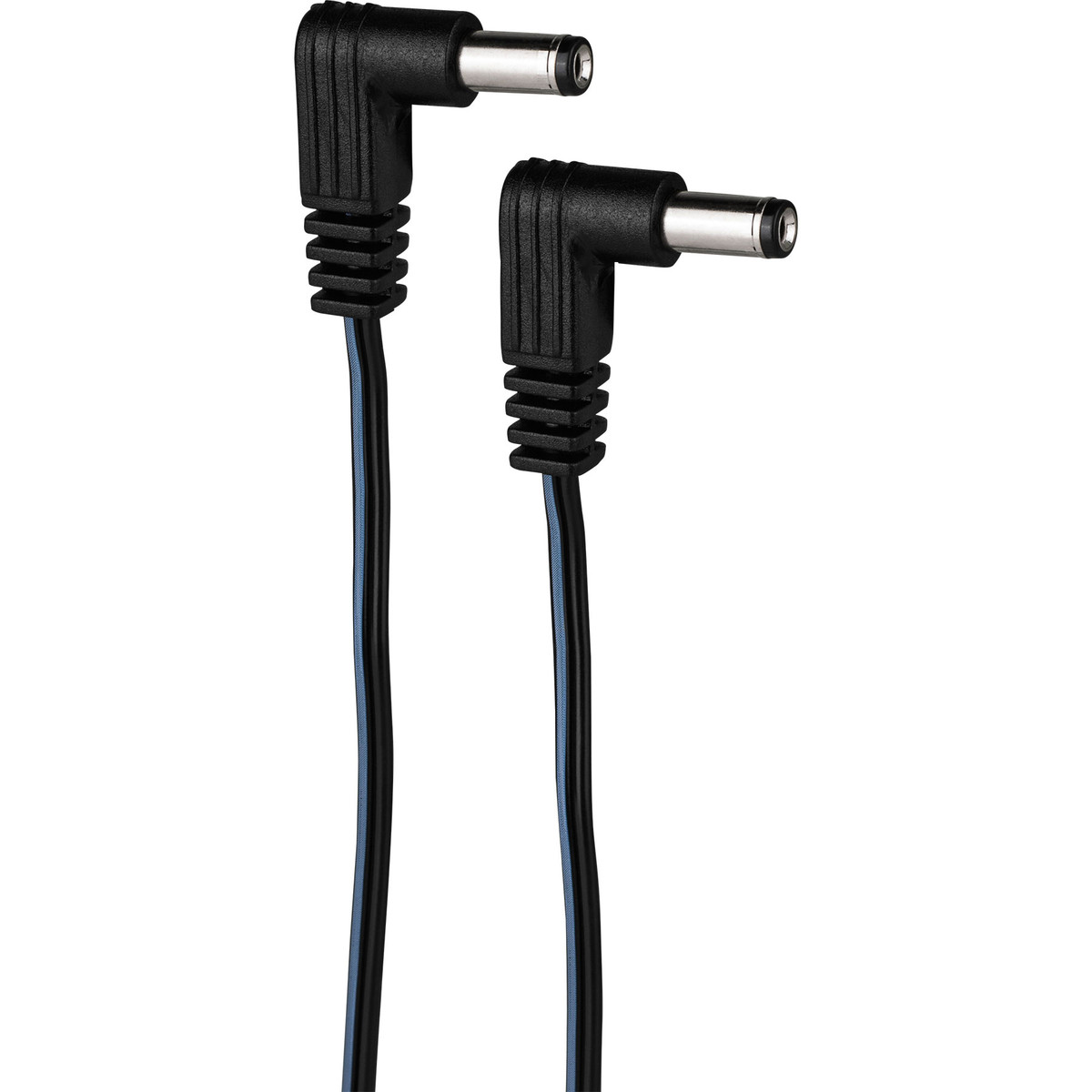
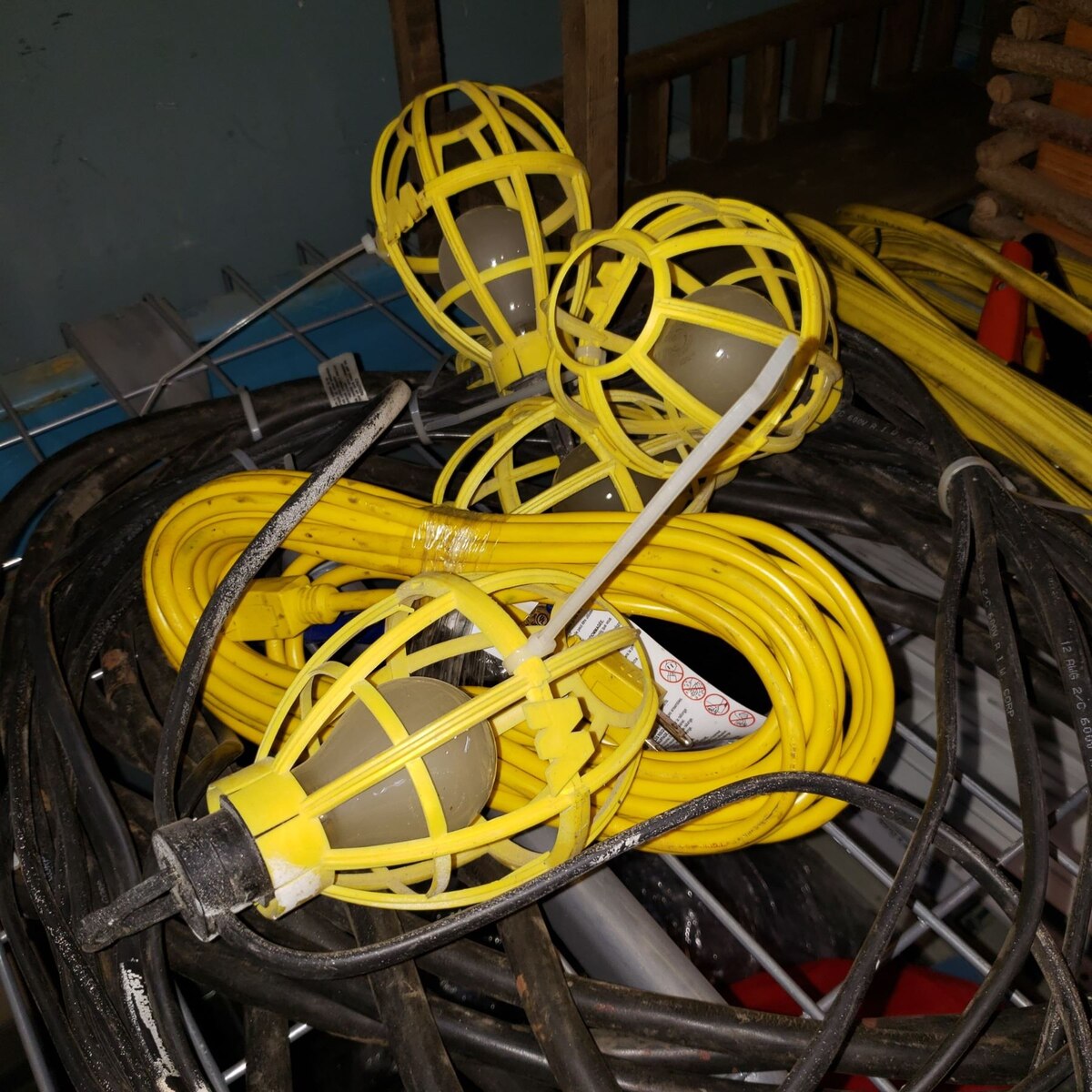
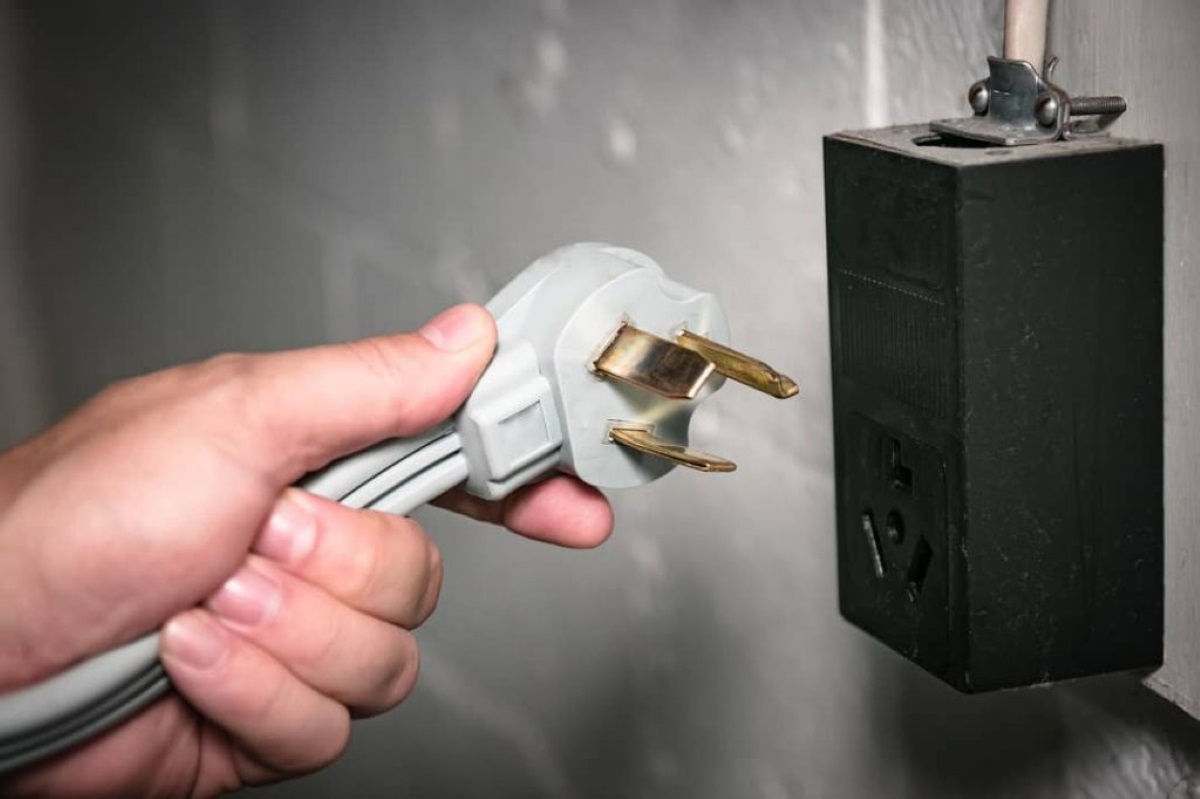
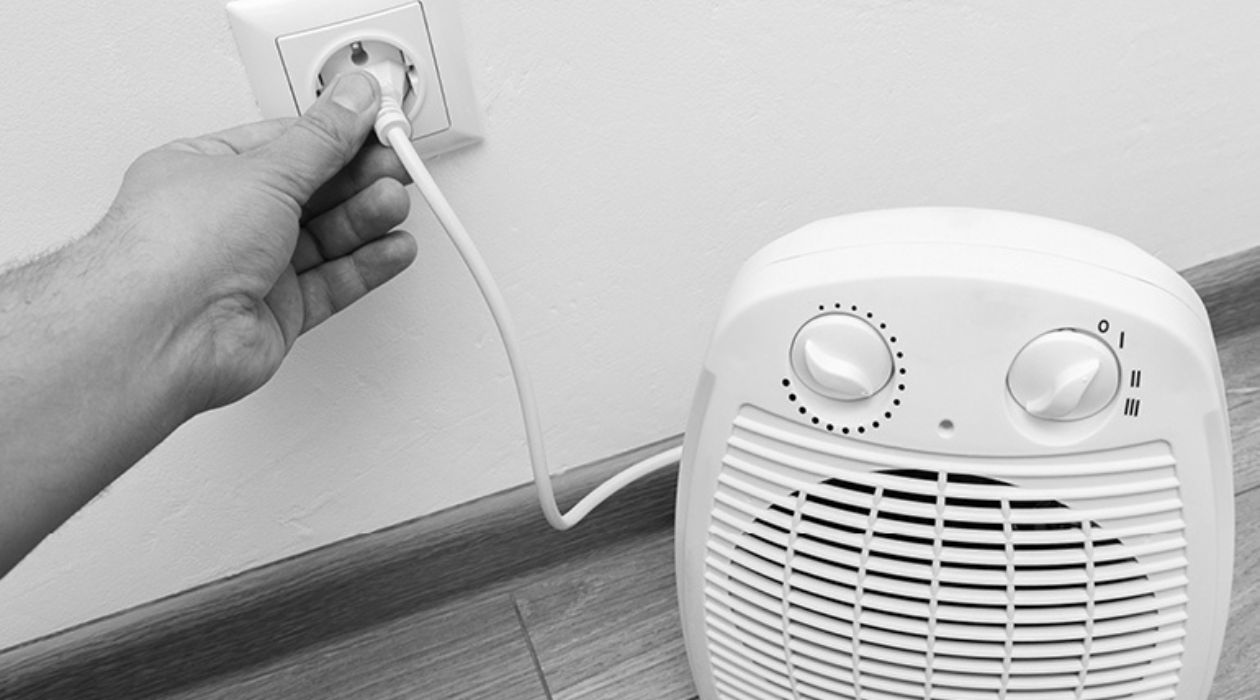
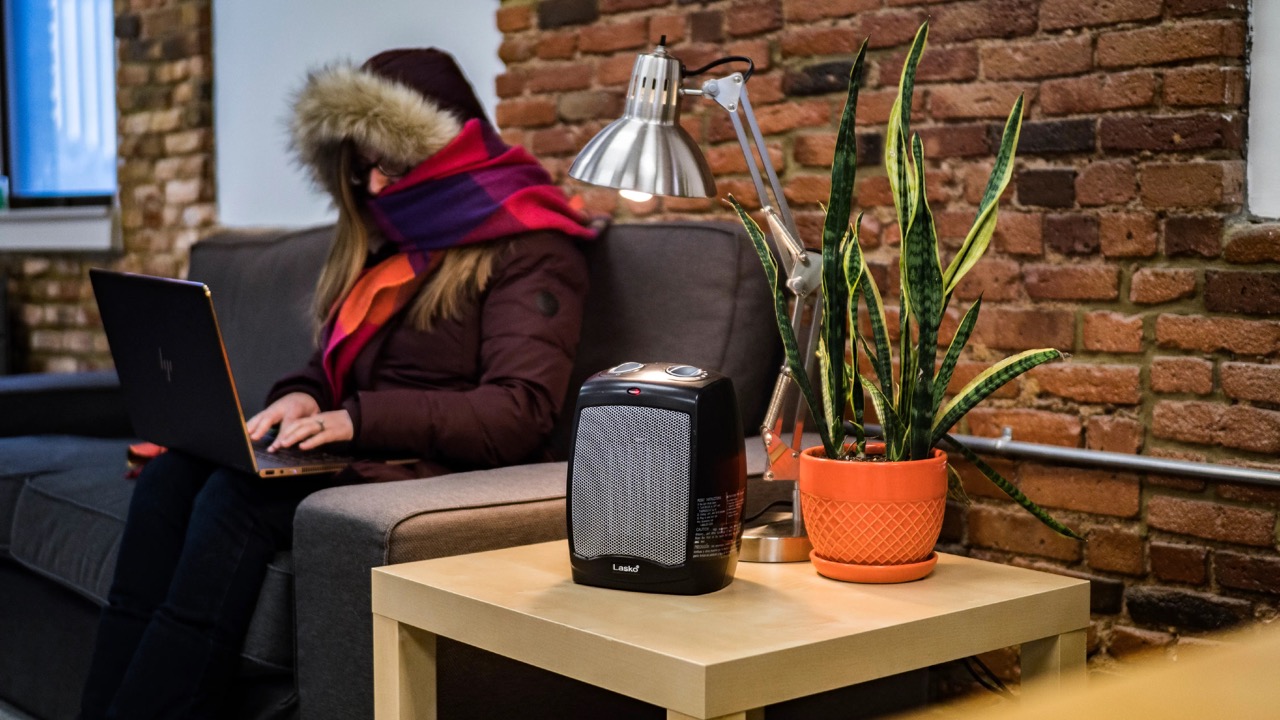
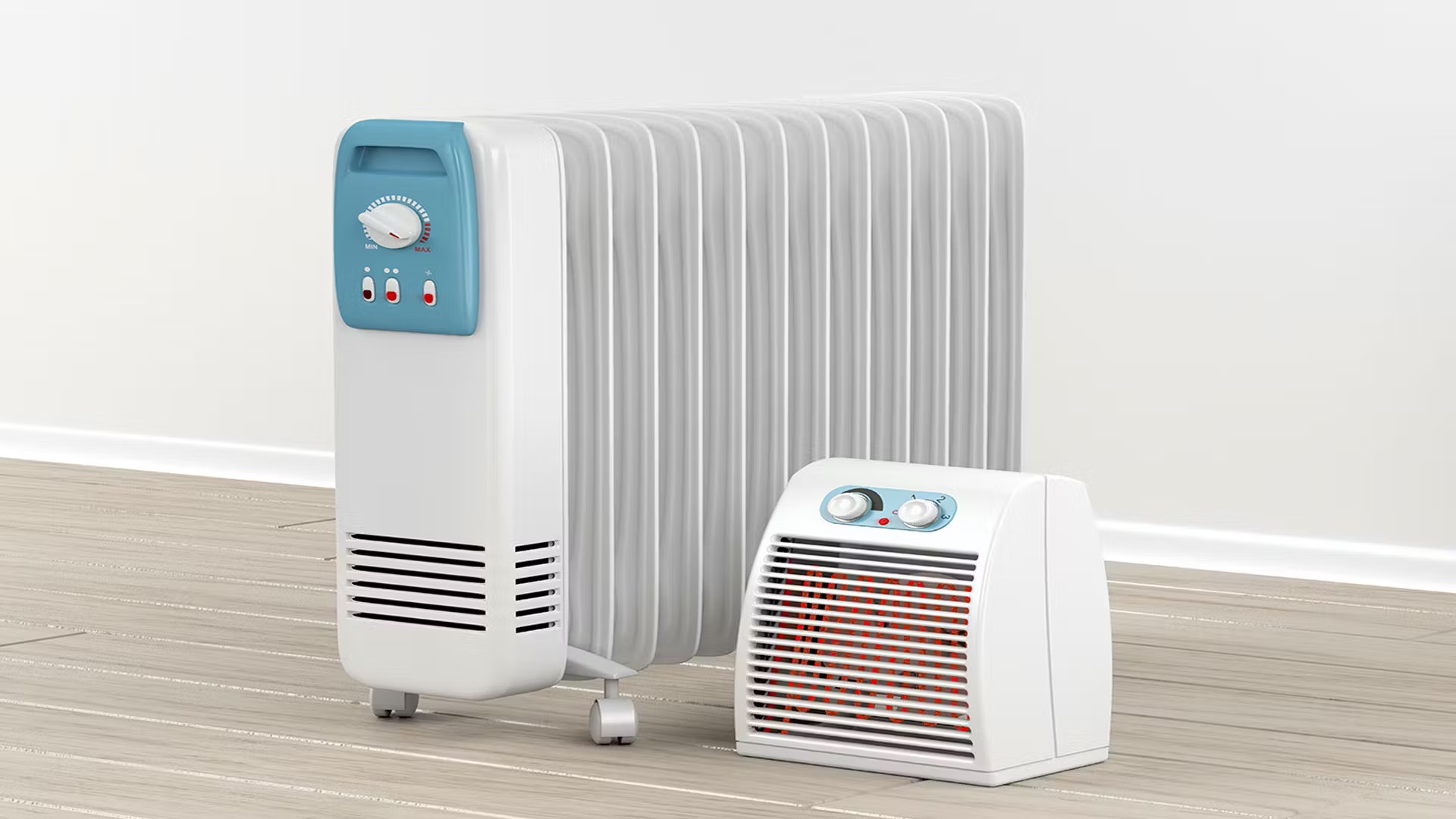
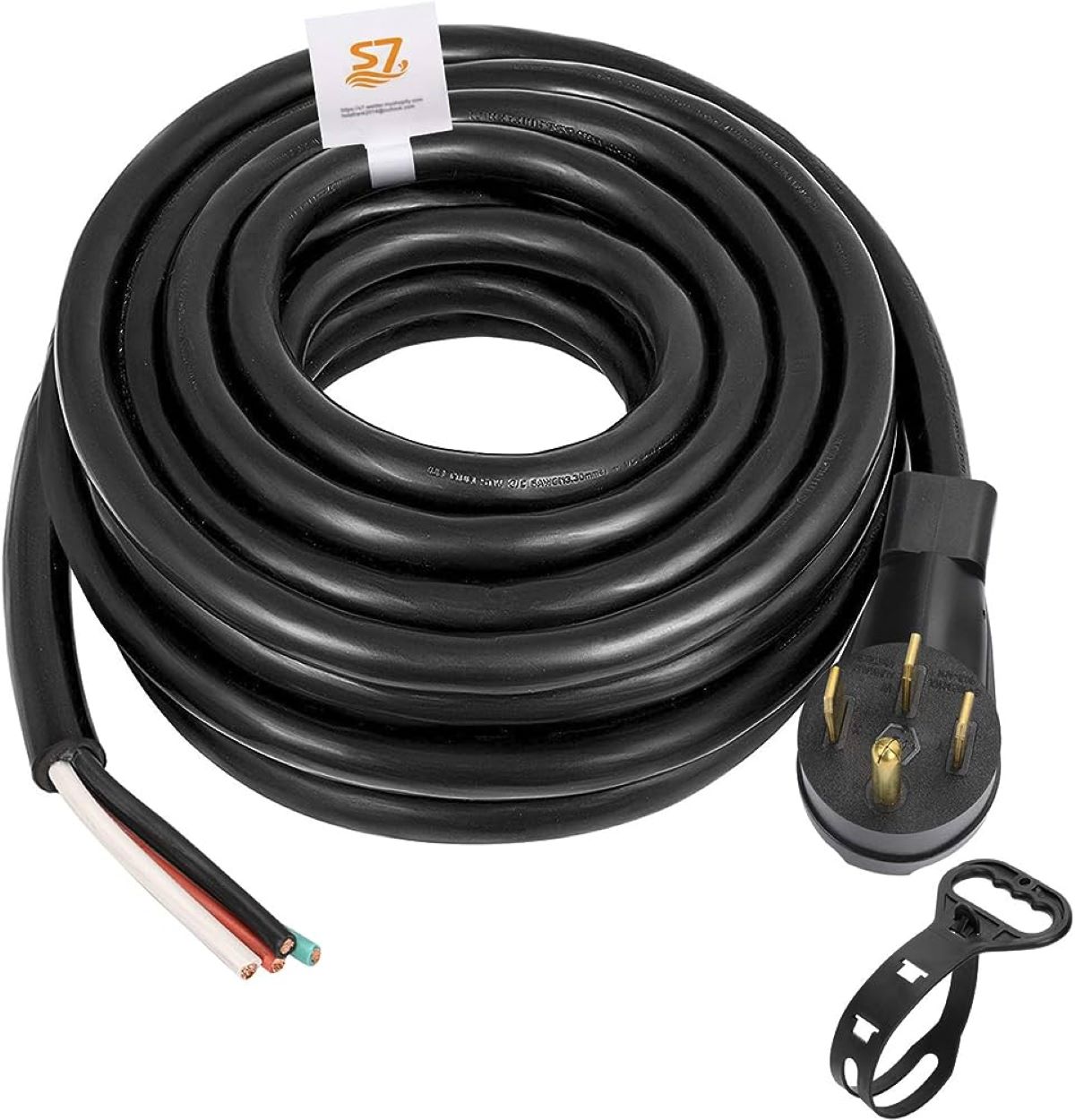
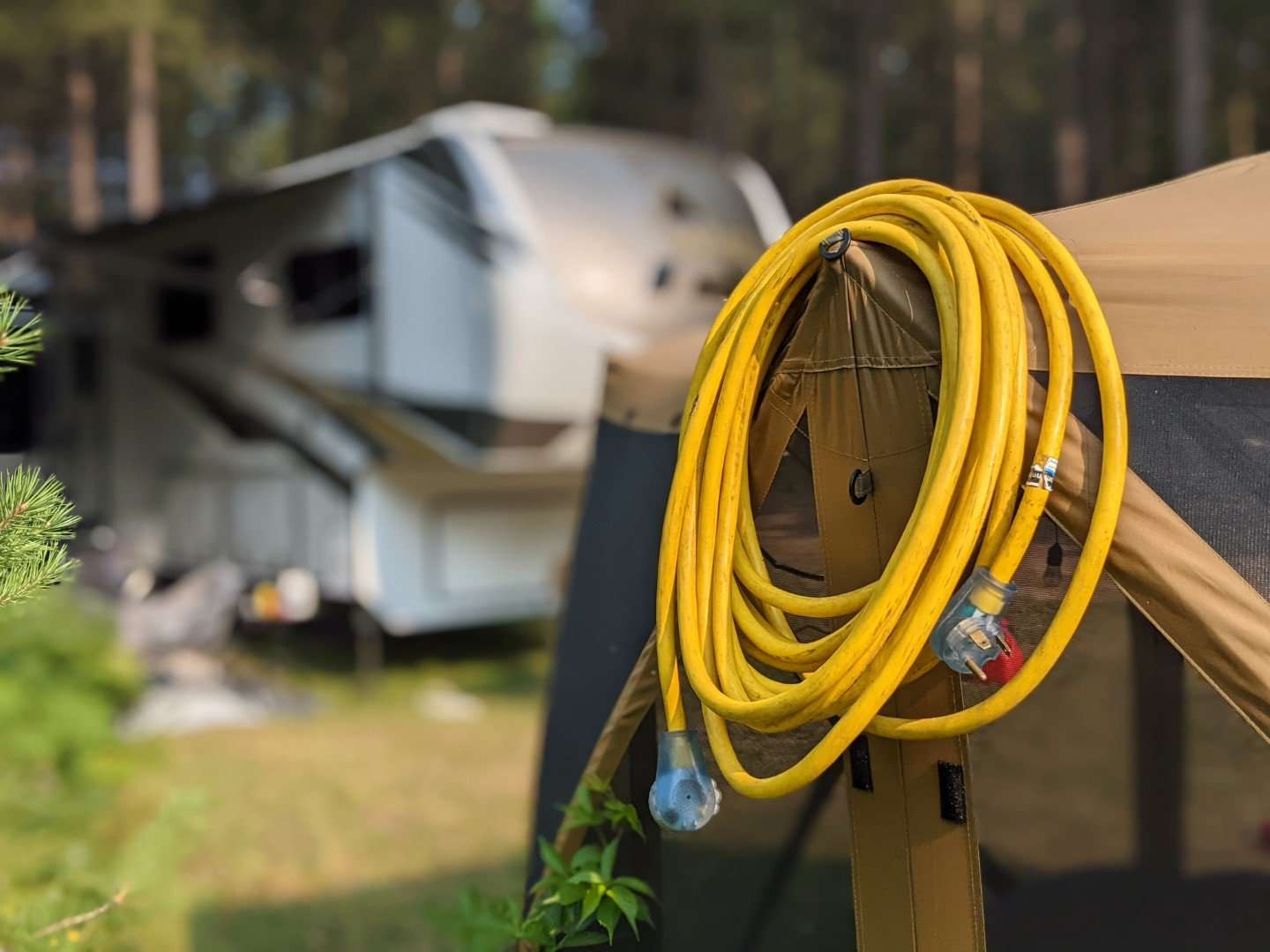
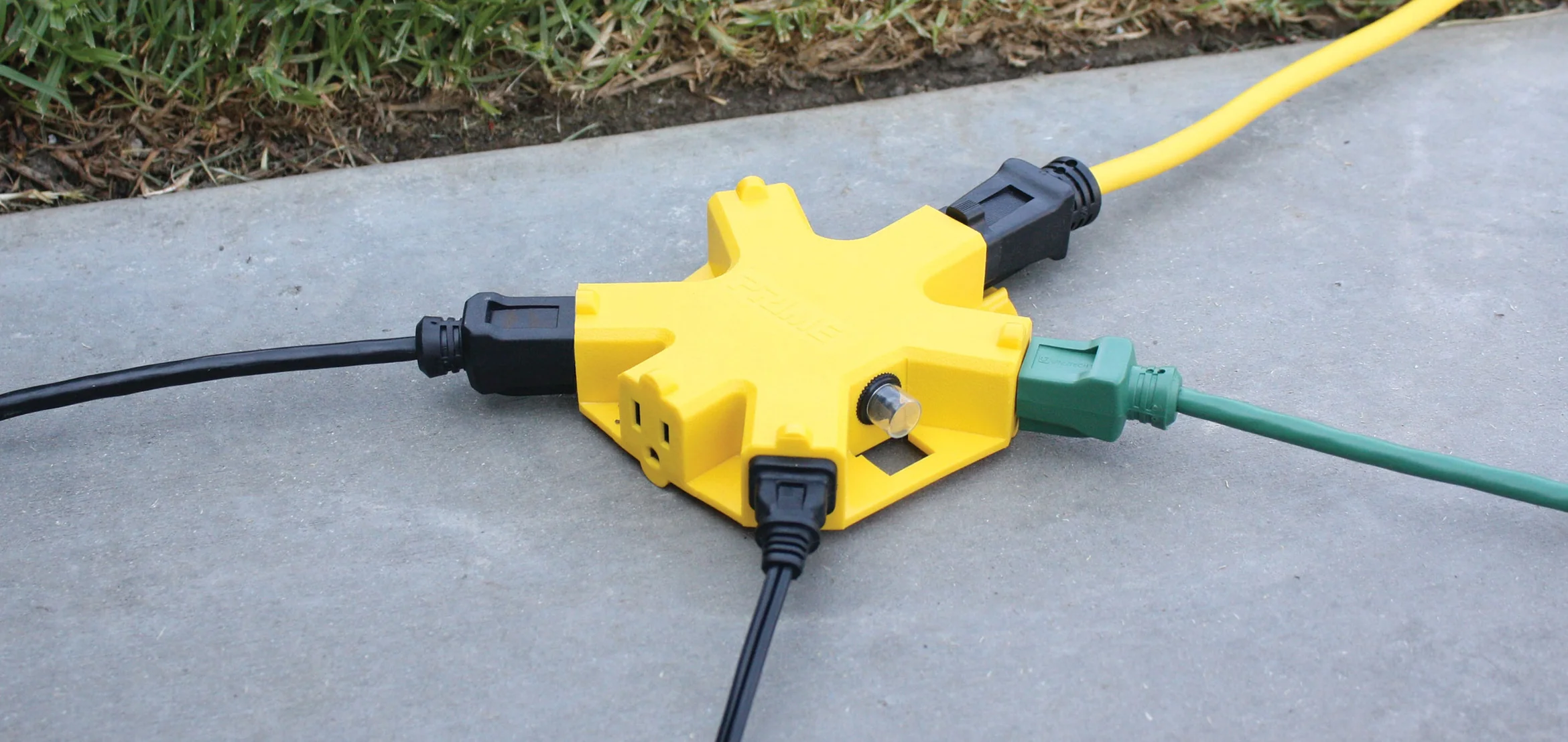
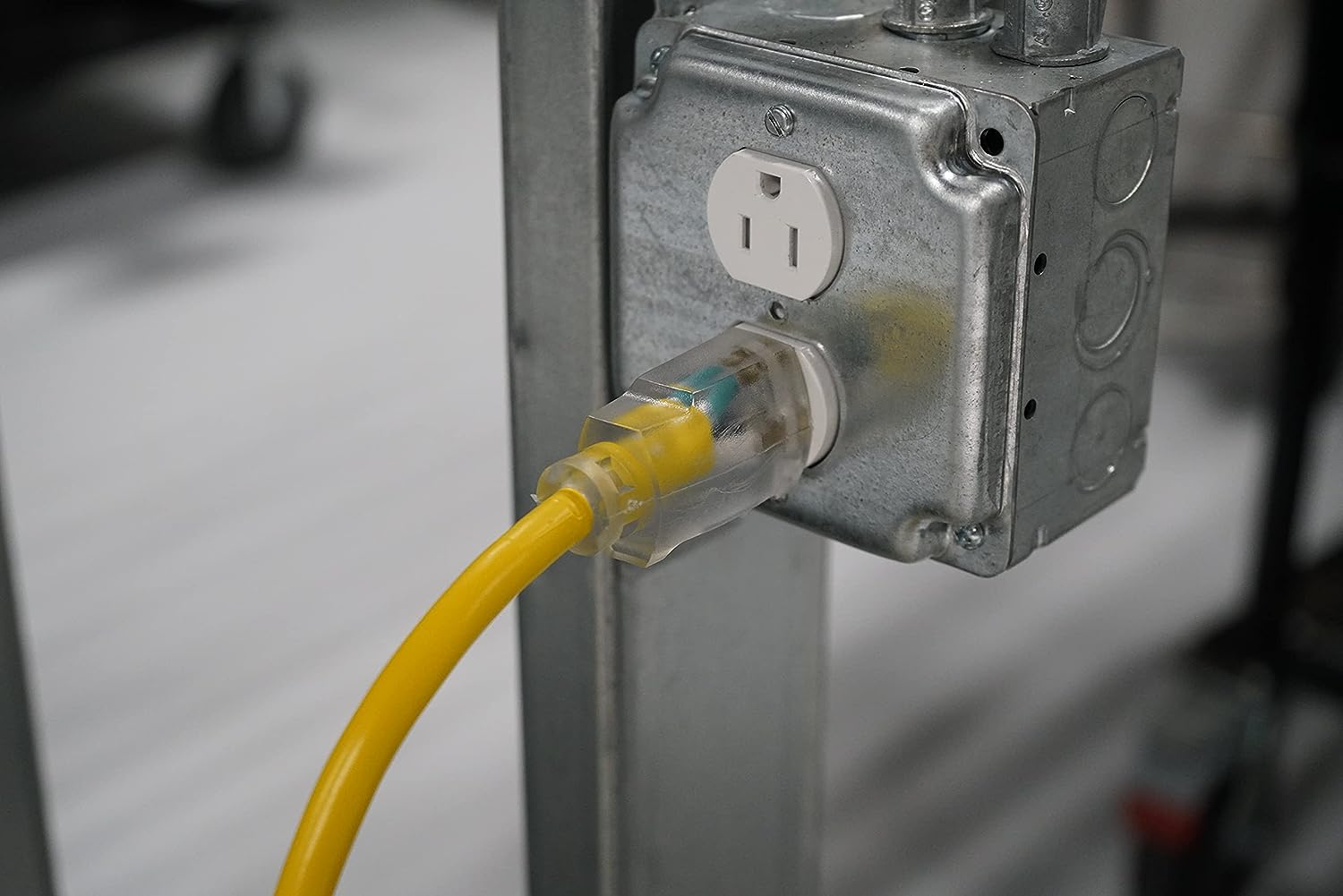
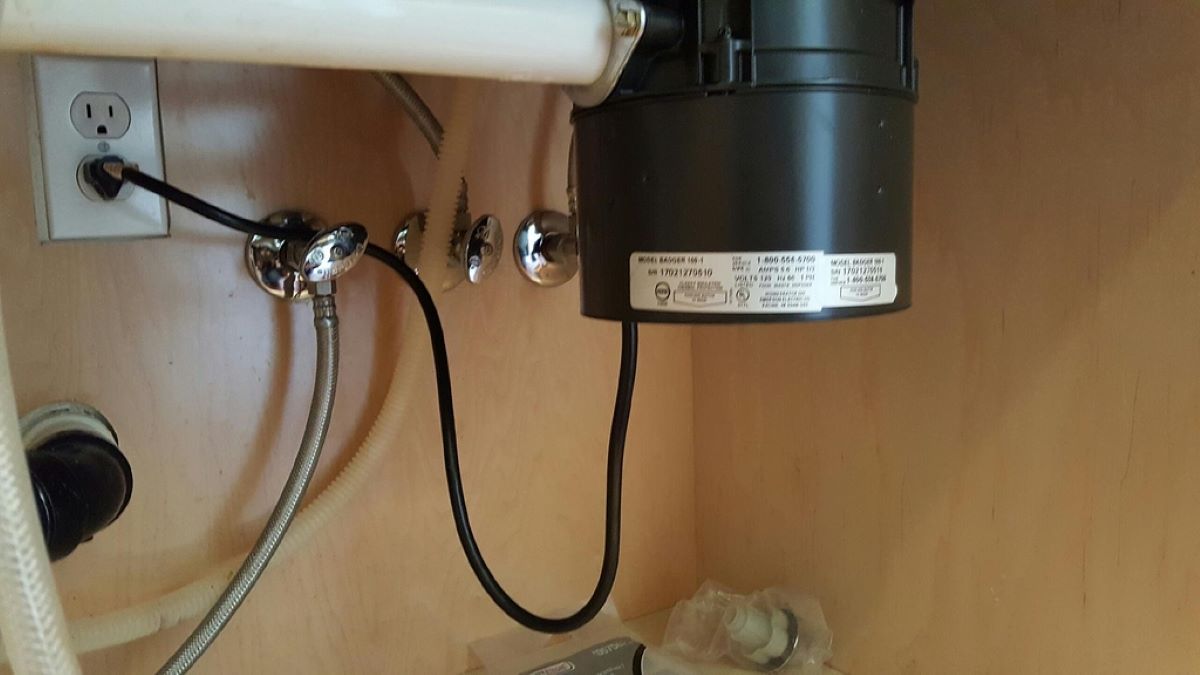
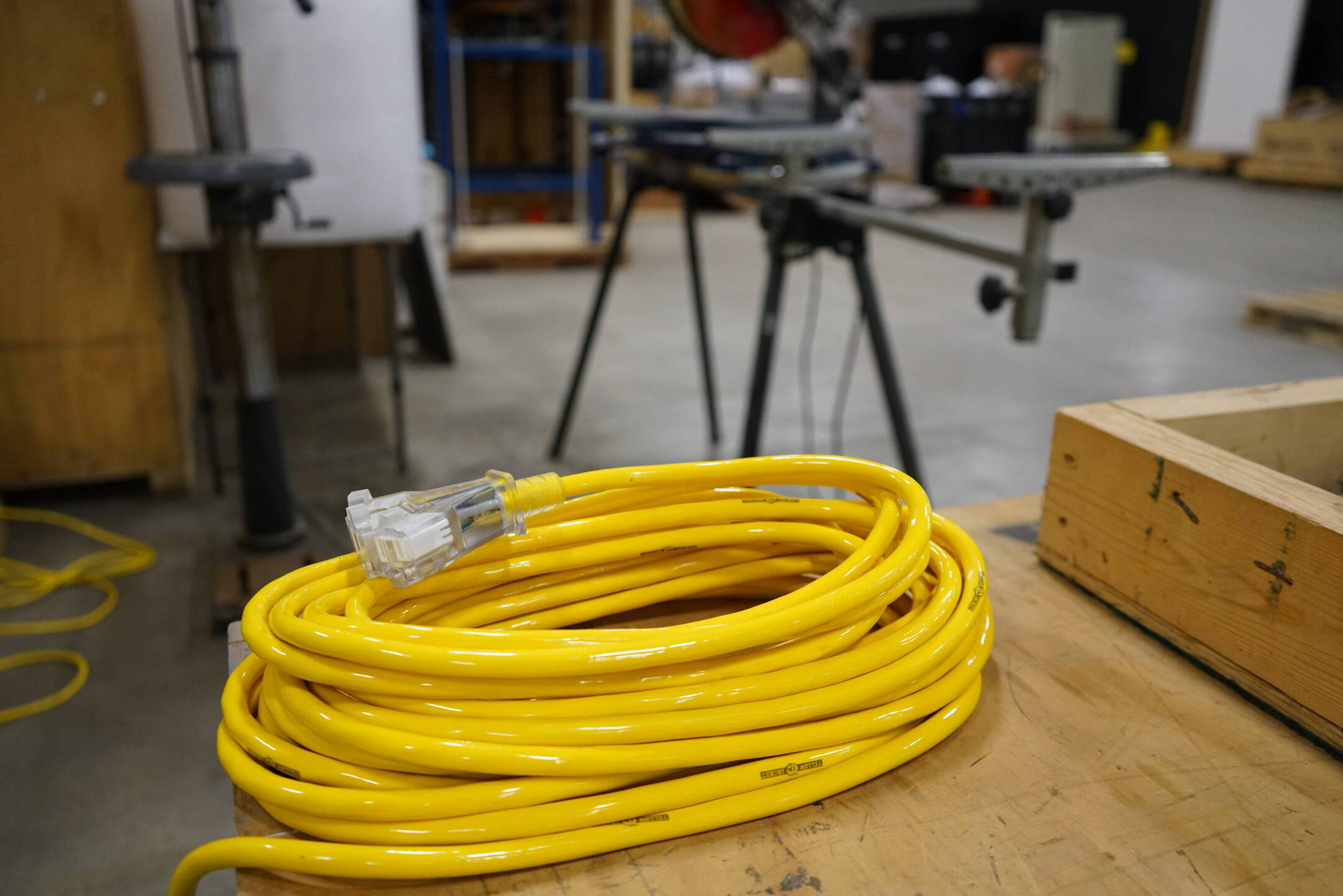

0 thoughts on “Why Can’t I Use An Extension Cord With A Space Heater”